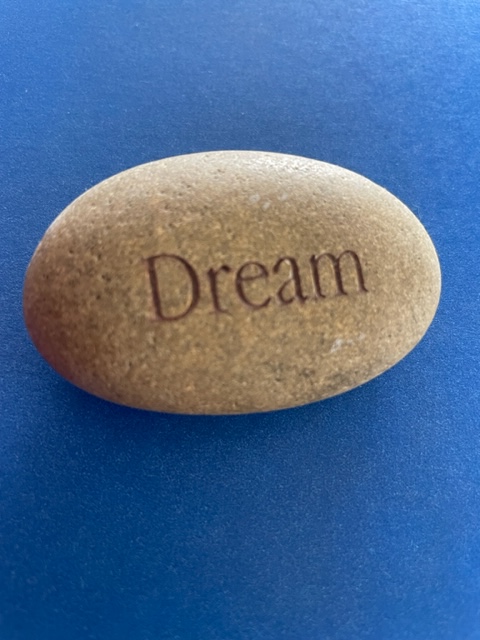
Alternative Perspectives on Dreams and Their Functions
A fundamental question can be asked. In what ways have dreams been adaptive? Why do they exist (apparently) in all mammals, and perhaps other animals? This might be the case since REM states are found in many species.
Evolutionary perspective
From a traditional evolutionary perspective, dreams would remain in the repertoire of many animals (including humans) because those animals that dreamed quite a bit would be more likely to survive into adulthood for some reason and would in some way be more attractive to the opposite sex. All of these would lead to an increased probability that this dreamer would be the parent of a bouncing baby girl or boy who would also be more likely to dream.
Searching for Adaptive Functions: Given this simplistic account of evolutionary selection, what kind of adaptive functions might a dream serve on behalf of preferential breeding? It certainly can be a venue for the expression of unacceptable wishes (as Freud proposed), however it can also represent various aspects of Self in interaction with one another (a Jungian perspective that I will soon introduce).
Is it adaptive to have some of our wishes fulfilled in dreams rather than in real life or for aspects of our Self to be interacting during our dreams? While these adaptive functions might be questionable, it certainly is possible that our dreams are adaptive when they provide insights about our relationships with other people.
What if dreams help us resolve some focal conflicts in our life or help us solve elusive problems? Perhaps the dream serves as a forum for deliberations among parts of ourself (a Jungian perspective). The dream might access the most creative and boundary-shattering aspects of our self. Does this make the dream adaptive? Perhaps, a dream that is filled with sheer entertainment makes it valuable in our stressful journey through life. This is equivalent to television and the Internet providing us with divergence while we are trying to survive on the African savannah.
At the very least, we can turn to Domhoff’s conclusions, that dreams do serve important functions during our waking hours. Dreams may mean nothing when enacted by the dreamers, but they often mean quite a bit when interpreted, followed and celebrated in specific cultures. If Domhoff is correct, then the kind of cross-cultural findings reported by Healy would seem to be important.
Looking Deeper for Adaptive Functions: Before I fully accept Domhoff’s diminution (or at least diversion) of the adaptive functions served by dreams, I want to move to a deeper level (and will do so in my description of several possible dream functions). There are several more sophisticated functions being served by dreams. We know that sleep is required for the consolidate and sorting out of memories from the previous day (Walker, 2017, pp. 109-120). Short-term memories in revised and condensed form) become long-term memories during our hours of sleep. The consolidation might look something like what Greenwood (2021) describes (with benefit of a quote from Erin Wansley, a professor of cognitive neuroscience).:
. . . When we reactivate our memories, we aren’t repeating the original experiences exactly as they were. “If you dreamed about this phone conversation, it would not resemble the actual phone conversation. It would be really different, and weird, and bizarre.” . . . “But we know that that actually is how memory so-called replay is. It’s not exact.”





